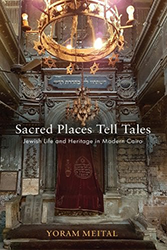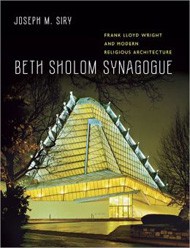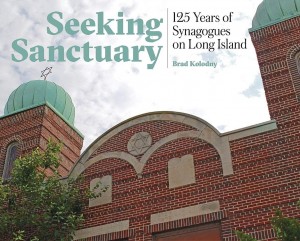Who cannot enjoy an enthusiastic discourse infused with love of music? The Rambam in his responsa on music notes music’s therapeutic importance to heal as King David played the Kinur to cure Saul of his melancholy, and later established the Levitical choirs and instrumentalists for sacred service (I Chr. 15:16). Praise of G‑d peeks in Psalm 150 via various instruments. Devarim Rabbah (80:2) notes, “where there is song there is prayer.” Rabbi Yehudah Halevy could find no more powerful metaphor to describe his writings than that his “pen was his harp.” Jonathan Friedman understands that music is the most spiritual of all expresions. Yet traditional halakhah often banned music as a sign of mourning as in the Responsa of the Rosh and as noted in the example of a Levitical family who cut off their thumbs rather than having to teach the Babylonians sacred Temple music echoing Psalm 136, “we hung up our harps.” Friedman has not “hung up his harp” but employs music to recover the wellsprings of Judaism and construct a theory of its importance to the synagogue.
The Bible mentions song in connection with well digging (Num 21:17 – 18) and construction (Job 38:6 – 7), so Friedman notes it is likely that the Levites were appointed to supervise the Temple repairs (2 Chr. 34:12 – 13). Friedman sights the book of Job (38:4 – 7) where G‑d retorts to Job, “Where were you when I created the world and the morning stars sang together and all the divine beings sang together in joy?” The idea of celestial angelic choirs finds itself in the genre of the Hechalot texts, to which Rashbi refers when writing in the Zohar, “Hearken well to the music of the spheres, there are choirs of angels intoning the music of the harmony of the spheres.”
More extensive and uniform footnoting in reference to Friedman’s good appendix and bibliography would have enhanced the book.
Join a community of readers who are committed to Jewish stories
Sign up for JBC’s Nu Reads, a curated selection of Jewish books delivered straight to your door!





